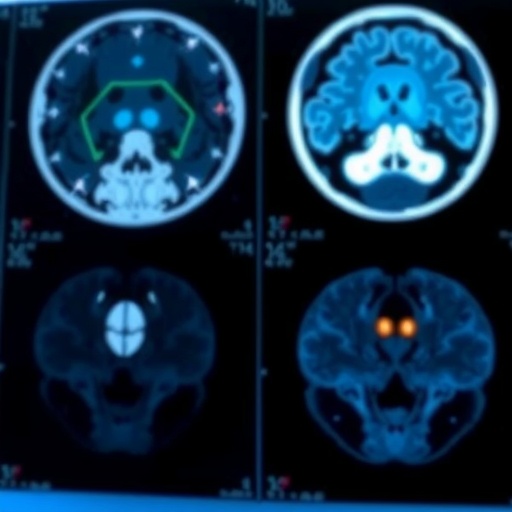Researchers at UC San Diego have developed a pioneering AI tool that transforms medical imaging by drastically reducing the cost and complexity of training software for medical image segmentation. Traditional deep learning methods rely on vast annotated datasets, which are often hard to obtain in medical scenarios. This new tool allows for effective training using only a handful of labeled examples, potentially minimizing data requirements by up to 20 times. It enhances segmentation in various imaging tasks, including skin lesion detection, breast cancer analysis, and more, with improved performance of 10-20% compared to conventional methods. The AI tool operates by generating synthetic images to complement small real datasets, utilizing a continuous feedback loop to refine its capabilities. This innovative approach promises to streamline diagnostics and improve patient care, paving the way for AI’s impactful role in healthcare. Future enhancements will further integrate clinician feedback for even greater practical application in medical settings.
Keywords: AI, medical imaging, segmentation, deep learning, healthcare innovation, diagnostic tools, synthetic data, data scarcity.
